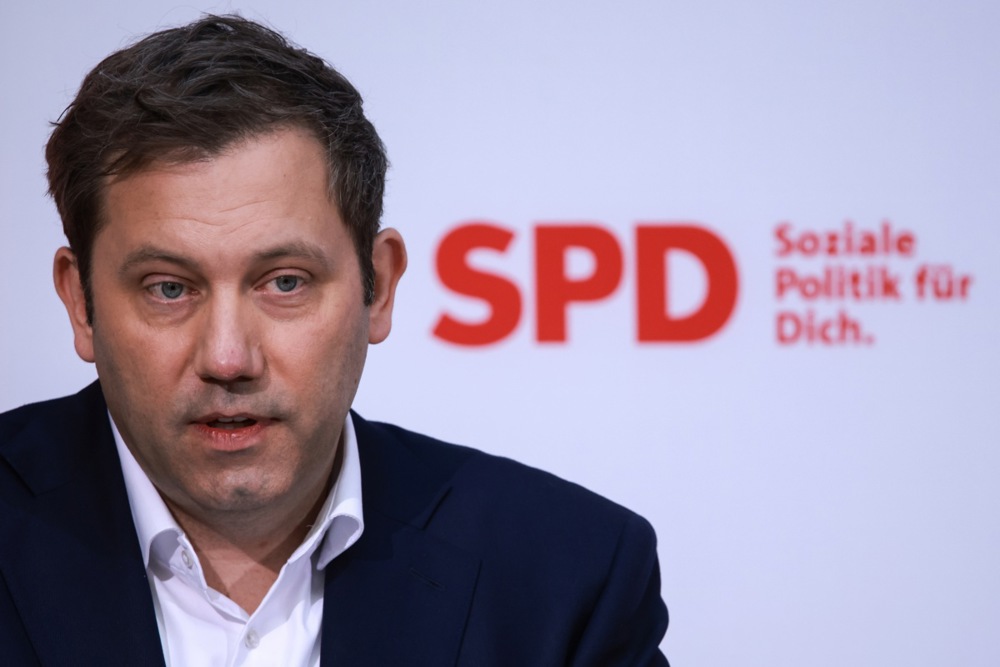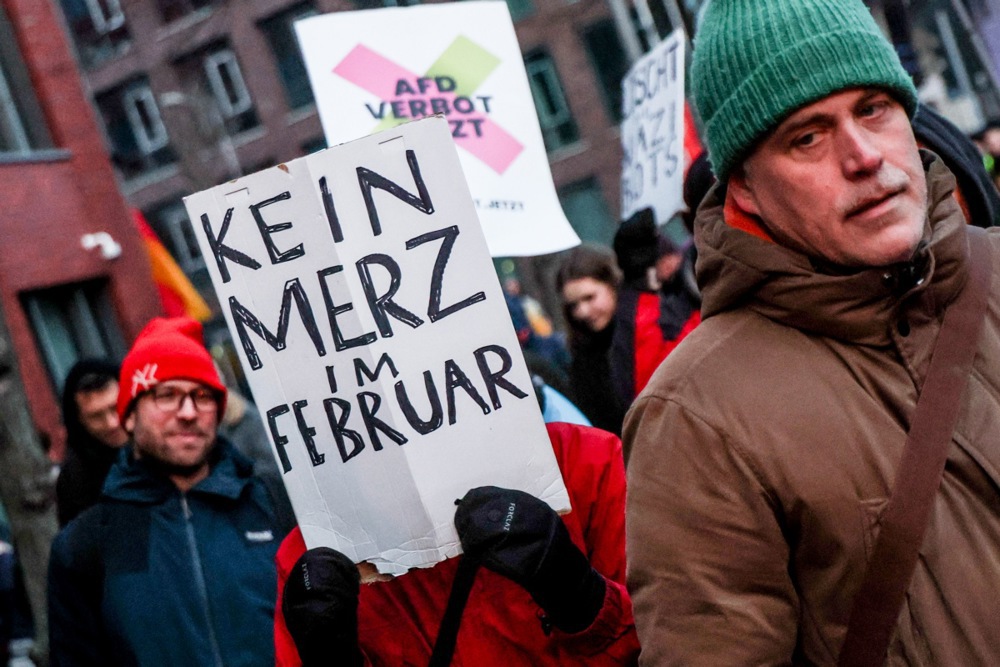Former chancellor of Germany Angela Merkel has said she was “pleased” with the agreement between the Christian Democratic Union/Christian Social Union in Bavaria (CDU/CSU) and the Social Democratic Party (SPD) to form a new government.
In a radio interview with Deutschlandfunk Kultur, on April 10, she was positive about the migration policies of the new administration.
Merkel, who led several coalition governments alongside the Socialists during her time in office, said: “As a citizen, I was naturally pleased to see that the coalition negotiations were successfully concluded yesterday.”
On the topic of migration, she acknowledged she might have chosen a different tone but endorsed the agreement’s approach.
“After reading it carefully, I saw that border rejections are to be carried out in coordination with our European neighbours,” Merkel said.
“That’s exactly what I always advocated for — it’s what law and order demands.”
During the election campaign, Merkel’s CDU called for stricter migration policies — a stance many viewed as a departure from her own tenure when she had steered Germany toward opening its borders to people from around the world.
Now that a coalition agreement has been reached — and the CDU appeared to have adopted a more moderate stance on migration to facilitate co-operation with the Socialists — Merkel responded by saying: “The party has not become foreign to me in that sense but there is another tone than I set.”
She went on to say that her party did not want to return to the time before 2015, contradicting the CSU leader Markus Söder.
Söder had claimed on April 9 that the new migration policy was a “real turnaround” and a return to the situation of 2015, before Merkel made her Wir schaffen das speech, effectively opening the country’s borders.
“It’s the back to before 2015 as far as law and order is concerned,” he claimed.
Merkel said it was not a mistake to decide against closing the borders at that time because “The migration issue will not be solved at the German-Austrian border.”
In the coalition agreement presented on April 9, the CDU/CSU and SPD stated that rejections at the border would apply “also in the case of asylum applications” but would be carried out “in co-ordination” with neighbouring countries.
The agreement also said that “all constitutional measures” would be used to curb irregular migration.
Regarding current party President and chancellor-in-waiting Friedrich Merz, who has been one of her fiercest political opponents throughout her career, Merkel said he had “absolute will to power”.
“What stood between us a bit was simply the fact, which happens quite often in life, that we both wanted to become bosses,” she said.
Recently, her relationship with Merz has improved. On the evening of the German federal election on February 23, Merkel congratulated the CDU leader on its election victory via a text message.
Merkel also said she wanted to see more women at the forefront of politics, including within the incoming cabinet.
Barely six weeks after the German federal elections, the right-wing Alternative for Germany has topped a voter survey for the first time ever. https://t.co/l5YOytqxBM
— Brussels Signal (@brusselssignal) April 9, 2025





